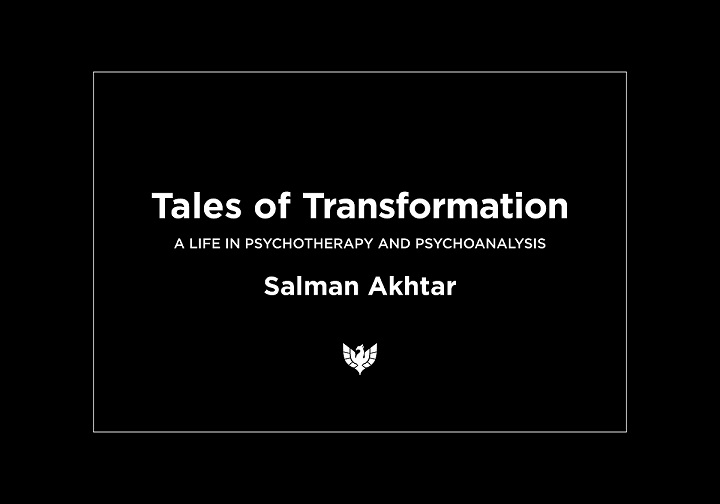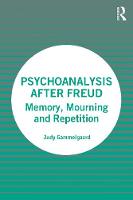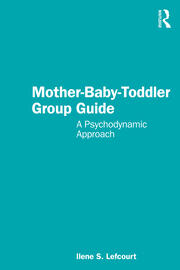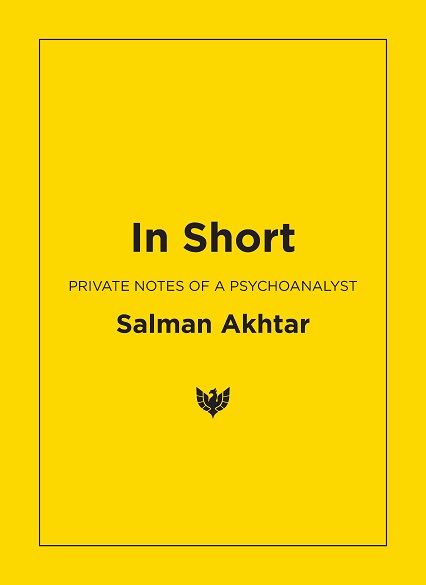The Art of Making Children: The New World of Assisted Reproductive Technology
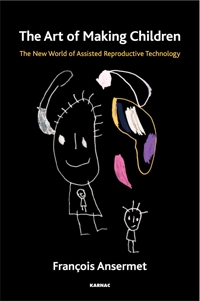
Book Details
- Publisher : Routledge
- Published : August 2017
- Cover : Paperback
- Pages : 208
- Category :
Psychoanalysis - Category 2 :
Bargain and Discounted Titles - Catalogue No : 38855
- ISBN 13 : 9781782204749
- ISBN 10 : 1782204741
There are currently no reviews
Be the first to review
Advances in assisted reproductive technology are producing a new world whose boundaries and implications have yet to be fully explored and understood. New advances are announced and hit the headlines with dizzying regularity, triggering the hopes and aspirations of some, and the fears of others. What is possible? What are the implications? What should be permissible? Who should decide?
Medically assisted reproductive techniques were developed to treat sterility and infertility. However, in parallel this has created a demand for applications outside the fields for which these technologies were originally intended. This book explores the issues that surround medically assisted reproduction by addressing them from the perspective of four key areas: the mystery of procreation and the enigma of origin and where we come from; the question of difference and alterity in procreation (be it the breaking down of the notion that one comes from two in heterologous procreation to the aspirations for same-sex procreation, or the blurring of chronology and generations through cryoconservation); the place of destiny, including how to think about individual destinies in an age of increasingly accessible gene sequencing paired with a growing link between procreation and prediction; and an exploration of how clinicians and professionals can respond to the subjective experiences of those who resort to medically assisted reproduction, and the singularity of each person’s response to the difficult and complex questions it raises.
Reviews and Endorsements
‘In this book the sense of vertigo felt in the face of the transmission of life is not only philosophical but is also inscribed in the concrete aspects of clinical practice. Anguish is the mark of this. The novelties offered by technological and medical progress to those aspiring to procreation are considered seriously. The author never overlooks what psychoanalysis brings to an understanding of these phenomena and the prospects they open up. His enthusiasm is all the more communicative for this reason. François Ansermet introduces us into the workshop of creation, and we are then reluctant to leave it again.’
—Jean-Daniel Matet, President of the Euro-Federation of Psychoanalysis
‘Not so long ago, making babies involved just two people of opposite sex. Technological advances of the past twenty-five years or so have significantly altered the landscape. In vitro fertilisation, surrogate mothers, use of other eggs and sperm, same-sex parents and uterus transplants have heralded a whole range of new possibilities. There is, however, a dimension not sufficiently recognised or discussed: the emotional impact of these advancements on the individuals involved, including mothers, fathers, surrogate mothers, donors and children. This is the dimension François Ansermet tackles with erudition and great clarity. Combining literary allusions, philosophical analysis and psychoanalytic insights, and using examples from a variety of sources including his own practice, he elucidates in detail the illusion of certainty and predictability as well as the inherent challenges in a variety of real or possible scenarios. The final chapter of the book, however, ends with a powerful optimistic note and one that can as easily apply to many of our other existential anxieties. This is a very timely study that looks at highly relevant issues both for the present as well as the future.’
— Edward Nersessian, MD, training and supervising psychoanalyst, New York Psychoanalytic Institute
About the Author(s)
François Ansermet is a psychoanalyst, professor, and head of the Department of Child and Adolescent Psychiatry at the School of Medicine at the University of Geneva. He is a member of the World Association of Psychoanalysis (WAP).
Customer Reviews
Our customers have not yet reviewed this title. Be the first add your own review for this title.
You may also like
Psychoanalysis After Freud: Memory, Mourning and Repetition
Judy Gammelgaard
Price £20.99
save £9.00




